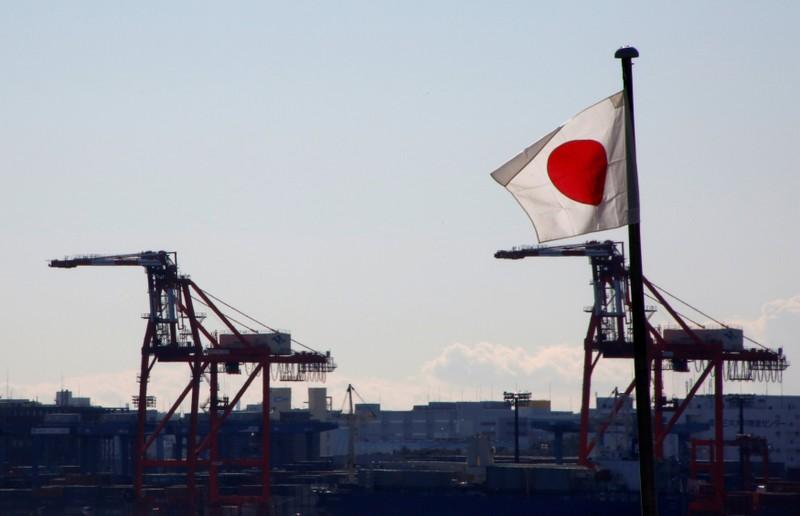Japan adopts long-term emissions strategy under Paris Agreement

TOKYO (Reuters) – Japan’s cabinet adopted a long-term emissions reduction strategy with the Paris Agreement on Tuesday, including the goal to generally be carbon-neutral soon after 2050.
The policy includes titans innovate in areas including hydrogen and skin tightening and (CO2) capture and utilization, but could not give a specific target for phasing out low efficiency coal-fired power plants, or maybe a roadmap for any carbon tax.
Japan has actually been criticized for their heavy usage of coal-fired power generation and offers to build new coal-fired plants.
The strategy aims to determine commercial-sized carbon capture and utilization (CCU) technology by 2023, in order to commercialize carbon capture and storage (CCS) utilised in coal-fired power generation by 2030.
It includes plans to cut the cost of producing CO2-free hydrogen to not as much as one-tenth by 2050.
The latest document fleshes out learn how to reach commitments made with the 2019 Paris Agreement to continue the rise in global temperatures below 1.5 to 2 degrees Celsius.
The goals mostly reflect recommendations made in April by a government-run panel of academic experts and business leaders.
It will be submitted to the Us before June 28-29, when Japan hosts a Group of 20 summit in Osaka, a government official said.

